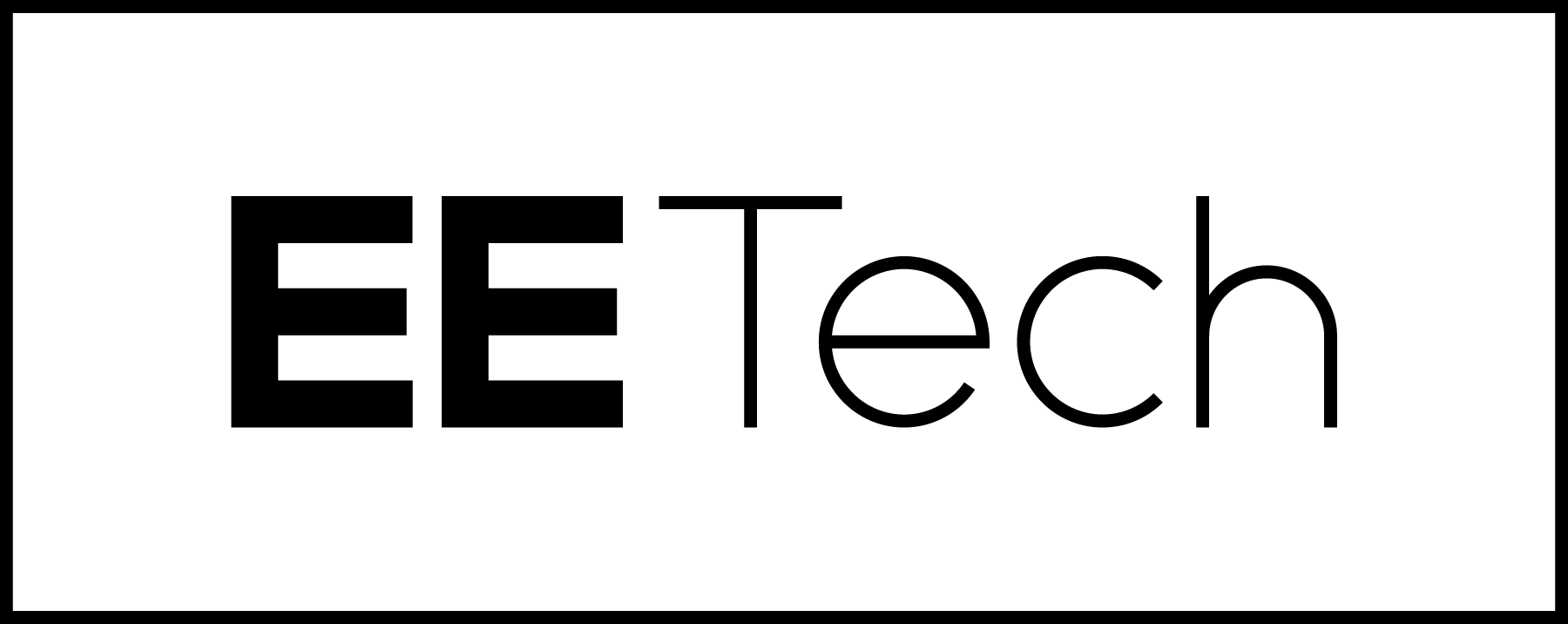Educators represent a direct line to understanding what the next trends in the engineering field will be. They are entrusted with preparing future engineers with the skills and information they need to succeed, which often means that they must stay on top of new trends as a matter of necessity.
By learning more about what educators need and how they behave, we can learn more about how prepared students are when they enter the field. This impacts hiring practices for companies and which resources they may choose to develop to engage with educational institutions.
 Kate Smith
Kate Smith
Editor-in-Chief
All About Circuits





